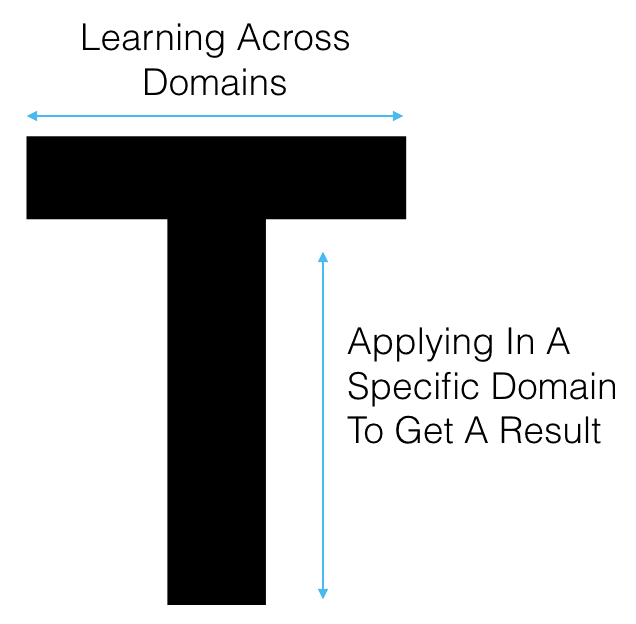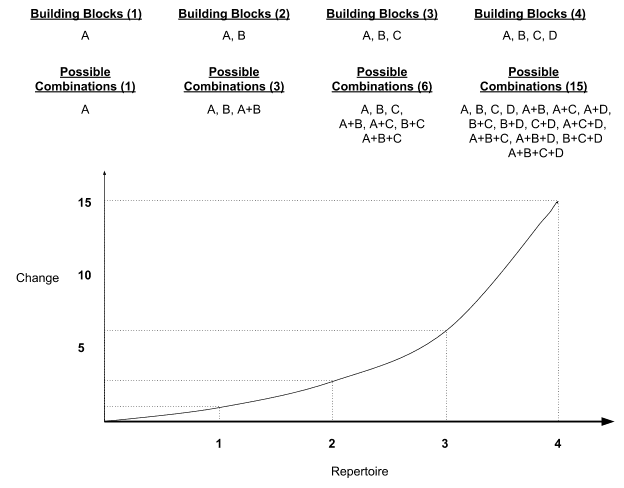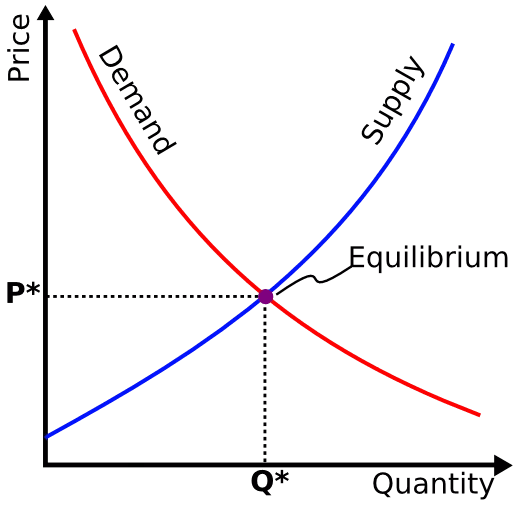People Who Have “Too Many Interests” Are More Likely To Be Successful According To Research
Curated from: medium.com
Ideas, facts & insights covering these topics:
12 ideas
·6.67K reads
27
Explore the World's Best Ideas
Join today and uncover 100+ curated journeys from 50+ topics. Unlock access to our mobile app with extensive features.
The most impactful people are generalists
There is a warning about being a generalist. “Jack of all trades, master of none.” “Equipped with knives all over, yet none is sharp,” “Nine trades, the tenth one — hunger.”
Yet, many of the most impactful people have been generalists. Elon Musk, Steve Jobs, Richard Feynman, Ben Franklin, Thomas Edison, Leonardo Da Vinci, to name a few.
The founders of the five largest companies in the world are polymaths. Bill Gates, Steve Jobs, Warren Buffett, Larry Page, and Jeff Bezos
90
1.01K reads
The era of the modern polymath
A modern polymath can be defined as someone who becomes competent in at least three diverse domains and integrates them to create breakthrough ideas in new fields and industries.
For example, Elon Musk has combined an understanding of physics, engineering, programming, design, manufacturing and business to create several multibillion-dollar companies in different fields.
Specialists, by contrast, only focus on knowledge from their own field.
82
734 reads
Being a modern polymath is the new normal
Several significant changes trending in our knowledge economy are disrupting conventional wisdom on the value of specialisation.
In today's world, being a polymath is an advantage. People who love learning across fields can become more financially successful and impactful in their careers.
70
689 reads
Combine two skills
Creating an atypical combination of two or more skills that you’re merely competent in can lead to a world-class skill set.
Scott Adams, the creator of Dilbert, combined his humour, mediocre illustration skills and interest in business culture to create one of the most popular comic strips of all time.
He states if you want to become extraordinary in life,
- Become the best at one specific thing. Unfortunately, few people can manage that.
- Become very good (top 25%) at two or more things. The combination will make what you do rare.
94
560 reads
Making creative breakthroughs
Most creative breakthroughs come from making atypical combinations of skills.
Researcher Brian Uzzi, a professor at the Northwestern University Kellogg School of Management, found that the most impactful scientific papers often have teams with atypical combinations of backgrounds.
In another comprehensive study, Uzzi compared the results of academic papers by the number of citations they received and other papers they cited. The top-performing studies cited atypical combinations of other studies.
71
447 reads
It's easy and fast to become competent in a new skill
It's never been easier to learn a new, valuable skill.
- The quality of knowledge in every domain is continually improving.
- There is an abundance of free or affordable content from the world's top experts in every medium imaginable.
68
518 reads
It's easier than ever to pioneer a new field, industry, or skill set
- One of the main ways that new skill sets, industries, and fields emerge is by combining them with old ones.
- The number of new academic fields and business industries is increasing exponentially.
- As the number of new skills increases, the number of possible combinations increases exponentially.
66
458 reads
Being a polymath future-proofs your career
Fifteen years ago, none of the following professions existed:
- App developer
- Social media manager
- Driverless car engineer
- Cloud computing specialist
- Big data scientist
- YouTube content creator
Imagine if you could go back in time and master these skills before they became big? Image what skills are going to be valuable in the next 20 years?
In an environment of accelerated change, we're going to have to become polymaths to survive. We'll have a dozen new careers, each requiring new skills.
72
456 reads
Being a polymath sets you up to solve more complex problems
Many of the biggest problems that face society and individuals can benefit from integrated disciplines.
For example, obesity is complex. Many different fields are needed to solve the problem, such as exercise physiology, genetics, behavioural psychology, sociology, economics, marketing, general psychology, education, and nutrition.
70
437 reads
Being a polymath helps you stand out
You can have a very valuable skill set globally, but if everyone also has that skill set, you're a commodity. However, becoming a polymath can help develop a unique skill set that few others have, making it possible to differentiate yourself.
Peter Thiel ask of candidates he might hire, "What's the one thing you believe is true that no one else agrees with you on?" It tells you if you have rare and valuable ideas.
77
399 reads
Make yourself anti-fragile
Being a polymath will be the new normal. Polymaths who combine diverse skills to create innovations and solve complex problems will have an impact while generalists who fail to synthesise their knowledge will have no real impact.
Specialists risk getting trapped as they focus on a narrow skill set and reputation. Their careers are fragile. If their professions disappear, it can become impossible to switch without starting over.
Polymaths are anti-fragile. They adapt to changes in the environment. They can quickly combine their existing skill sets in multiple ways.
68
415 reads
How to become a modern polymath
Use mental models to become a modern polymath. Mental models transcend disciplines. They are the links that connect disciplines together.
For example, the 80/20 rule states that in many domains, 20 percent of your efforts will produce 80 percent of your results. You can use this mental model to improve efficiency in every area of your life and field of study.
Identify the 20% of clients that create 80% of your business. Identify 20% of tasks that create 80% of your productivity, And so on.
78
542 reads
IDEAS CURATED BY
Kinsley 's ideas are part of this journey:
Learn more about career with this collection
How to adapt to different speaking situations
How to engage with an audience
How to use body language effectively
Related collections
Similar ideas
Read & Learn
20x Faster
without
deepstash
with
deepstash
with
deepstash
Personalized microlearning
—
100+ Learning Journeys
—
Access to 200,000+ ideas
—
Access to the mobile app
—
Unlimited idea saving
—
—
Unlimited history
—
—
Unlimited listening to ideas
—
—
Downloading & offline access
—
—
Supercharge your mind with one idea per day
Enter your email and spend 1 minute every day to learn something new.
I agree to receive email updates







